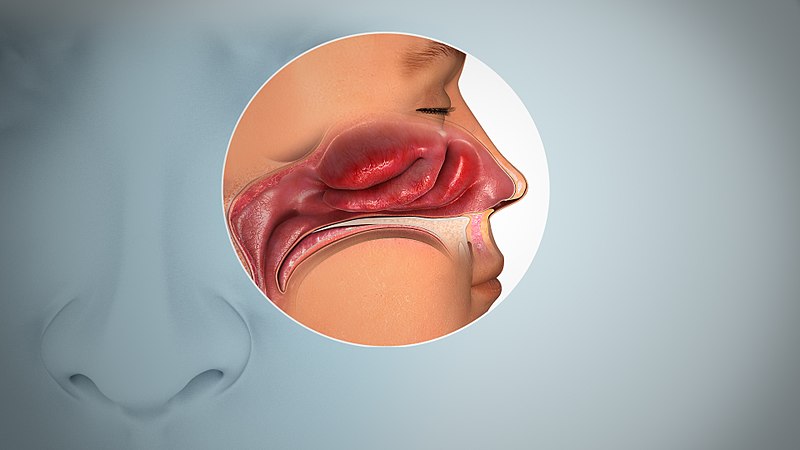You don’t always appreciate how valuable it is to have all of your senses until you lose one of them, such as your sense of smell.
Anosmia is when you suffer from a partial or complete loss of your sense of smell, which might be a temporary problem that you recover from or an issue that leads to permanent loss of smell.
When you suffer from a loss of smell it will change your taste perception of food and a more serious consideration would be the fact that you could find yourself in a dangerous situation if you are unable to detect odors, such as a gas leak.
Here is a look at Anosmia, what it means and what steps you might be able to take to deal with this condition.
What causes anosmia?
The most typical cause of anosmia is when you suffer nasal congestion as a result of having a cold, allergies, or a sinus infection.
Poor air quality is also a major contributory factor leading to anosmia.
Although these are the most typical examples of the root cause of anosmia there are a number of other scenarios and conditions that can lead to a loss of smell.
You might be someone who suffers from nasal polyps, for example, which are small noncancerous growths that develop in your nose and sinuses and end up blocking your nasal passage as they grow.
You might also have other medical conditions such as Alzheimer’s, or a congenital condition, which can also cause you to suffer from anosmia.
Seeking a medical opinion
A fundamental clue that you might have anosmia will be when you experience a noticeable loss of smell, and it is when you can’t attribute the problem to something such as having a heavy cold that you should consider seeking a medical opinion.
A temporary loss of your sense of smell is commonplace when you have a heavy cold but if you don’t have a cold or suffer from any specific allergies that could impact your sense of hearing it makes sense to go and get yourself tested for the possibility of anosmia.
A doctor will start by inspecting the inside of your nose to check whether you have polyps, an infection, or some sort of growth that might be preventing you from experiencing a sense of smell.
If this doesn’t reveal any specific cause for your loss of smell you may be referred to an ear, nose, and throat (ENT) specialist who can conduct a more detailed examination and run some specific tests.
Finding a solution
If the problem is found to be a polyp, for instance, you may be offered the option of surgery so that the obstruction can be safely removed and you regain your sense of smell as a result.
The aging process is a contributory factor and your sense of smell is naturally impaired when you are over 60, so you should be mindful that anosmia is not always treatable.
If that is the case, you will need to make provisions such as ensuring that you have fire and smoke detectors in your home to provide you with the sort of early warning that your nose might normally give you.




